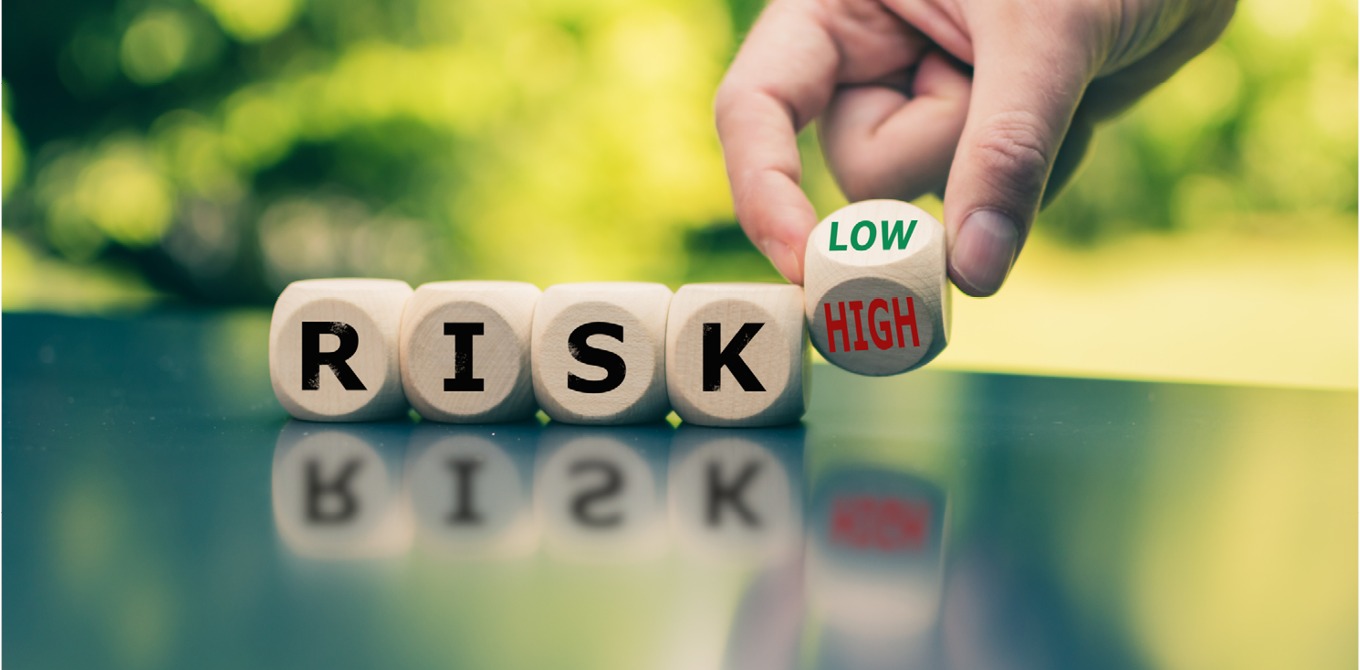What is net worth? And why you should know yours.
A lot of people think that net worth is a fancy way of saying how much money someone has, but this isn’t necessarily true. Net worth isn’t just the amount of money that you have or make; it’s actually all of your current assets (cash, real estate, etc.) minus your liabilities (debt, mortgages, expenses, etc.). If your assets outnumber your liabilities, you have a positive net worth and vice versa.
Though having a negative net worth doesn’t mean you’re struggling, calculating net worth can create a broader view of where your money is going and coming from—you’ll be able to better understand your financial needs and possibly see what needs to be changed to achieve better financial wellness.
Assets vs. Liabilities
An asset has many characteristics, but ultimately it is a resource that is providing economic value or expected to provide economic value in the future. There are three important properties that every “asset” needs to have to be considered a true asset.
1. Be owned or controlled by the individual claiming it.
2. Have some economic value, meaning it can be sold or converted to cash or used to support growth in current and future income.
3. Be able to be used to generate future income.
A liability is something that is owed—it takes a steady cash flow rather than giving one. Your mortgage, car loan, and credit card debt are all considered liabilities. All debt isn’t necessarily bad, but knowing your net worth will put things into a whole new perspective. For example, let’s say you’ve paid half of your $200,000 mortgage. The $100,000 that you’ve already paid is an asset and the remaining $100,000 is a liability.
When will I need to know my net worth?
Much like credit scores, net worth tells you where you stand financially and helps you prepare for retirement. Though having a negative net worth isn’t necessarily bad, it does show you that there’s still work to do before you’d feel comfortable retiring. Ideally, you’d have a positive net worth by the time you retire. You shouldn’t panic if you have low or negative net worth, net worth is constantly changing and the best way to reach positive net worth is set goals and stick to them. Understanding your net worth is also helpful during the estate planning process.
How do I calculate net worth?
In simple terms, finding net worth is as easy as subtracting what you owe from what you own. The complicated part comes in if have multiple properties, business expenditures, and debts that fluctuate in economic value constantly. For the average person, however, it’s as simple as adding up mortgages, credit card debt, car loans, etc., and then subtracting that number from the total added value of bank accounts, owned property, and other assets.
Your net worth is more than just a mathematical formula—it's a snapshot of your financial health at a given moment. By deducing liabilities from assets, you gain a clear picture of where you stand financially. This insight not only helps you make smarter financial decisions, but paves the way for a better financial future.




